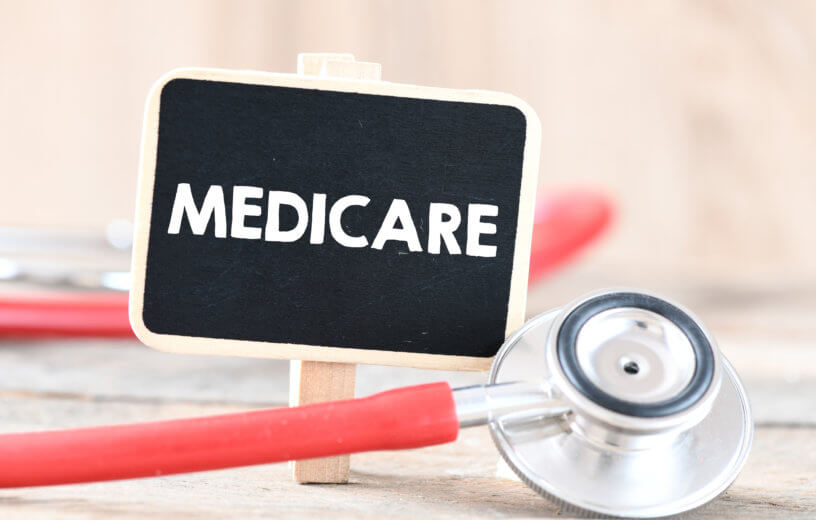WASHINGTON — A troubling new study predicts over 1.1 million Medicare-enrolled Americans will die over the next 10 years due to an inability to afford expensive prescription medications.
It’s well-documented how expensive drugs are right now. For example, between 2007 and 2018 prices for branded pharmaceutical products increased by a staggering 159 percent. If drug pricing trends continue to rise at a similar rate, researchers say 112,000 beneficiaries will die annually due to “cost-related non-adherence to drug therapy.” If that prediction proves true, inability to afford medications would become a leading cause of death in the United States. It will even outpace kidney disease, influenza, pneumonia, and diabetes.
Besides fatalities, the study finds rising drug prices will also lead to more suffering for millions of patients and more costs for Medicare in general. Study authors estimate that Medicare will cost an additional $177.4 billion by 2030. Divided annually, that works out to $18 billion per year spent on Medicare for the next decade.
The findings come from a 10-year model representing most Medicare beneficiaries with chronic health problems. The model predicts how different drug price fluctuations would either increase or decrease both premature deaths and Medicare spending.
The West Health Policy Center and Xcenda worked together to conduct the study. The latter is the research department of the drug distributor AmerisourceBergen.
What would a drop in drug prices mean for Medicare holders?
Researchers simulated what would happen if drug prices decreased thanks to negotiations with drug companies. This strategy is described in H.R. 3 (the Elijah E. Cummings Lower Drug Costs Now Act), passed by the U.S. House of Representatives in 2019. That simulation concluded lower drug prices would result in 94,000 fewer deaths per year and a drop in Medicare spending by $475.9 billion by 2030.
“One of the biggest contributors to poor health, hospital admissions, higher healthcare costs and preventable death is patients failing to take their medications as prescribed,” says Timothy Lash, President of West Health Policy Center, in a media release. “Cost-related nonadherence is a significant and growing issue that is direct result of runaway drug prices and a failure to implement policies and regulations that make drugs more affordable.”
Medicare beneficiaries pay 25 percent of the price for both generic and name-brand medications. However, for people with multiple ailments and prescriptions, drug costs can add up quickly regardless of the discount.
“The costs of doing nothing about high drug prices are too high especially when policy changes such as allowing Medicare to negotiate drug prices would result in saving millions of lives and billions of dollars,” comments Sean Dickson, Director of Health Policy at West Health Policy Center and Chair of the Council for Informed Drug Spending Analysis (CIDSA).
The study was published by CIDSA in November 2020.
